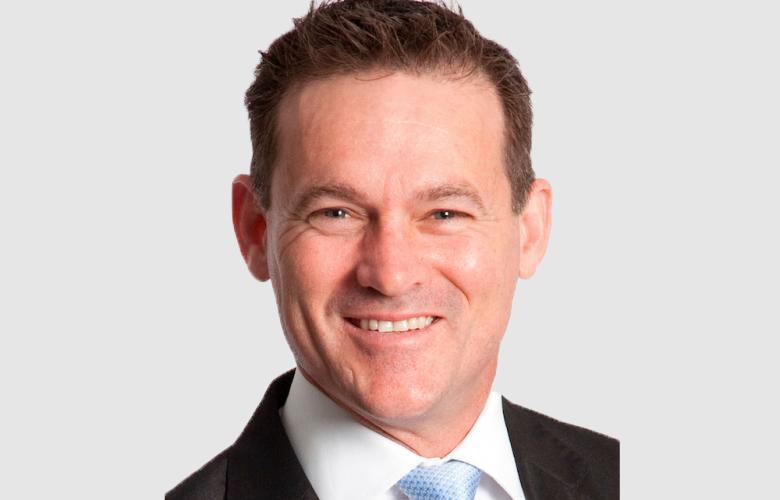Michael joined the Mantra Group in 2008 as Regional General Manager for Southern Gold Coast and Northern NSW regions and in 2010 was appointed as Director of Acquisitions. Michael is responsible for driving the expansion of Mantra Group’s Peppers, Mantra and BreakFree brands into the Australian, New Zealand and South-East Asia markets.
With decades of experience in the hospitality sector Michael has also been involved with fund and asset management roles over the Park Hyatt Sydney and Sheraton Mirage Resorts and various senior management roles for Accor Hotels, Outrigger Hotels and Resorts and Southern Pacific Hotel Corporation.
How did you get into the hotel industry?
My parents are hoteliers and I spent my formative years in hotels and resorts across Queensland including Dunk Island, Great Keppel Island, Cairns and the Sunshine Coast.
What are some of your career highlights from your time in the industry?
My standout career highlight is being part of Mantra Group’s journey of consolidation, rationalisation, growth and listing on the ASX.
Another highlight worthy of mentioning is my involvement in the sale of the Park Hyatt Sydney in 2008 for a record price of over $1.1 million per room (which still stands today). I was fortunate to work on this marquee transaction with some of the very best in the industry including David Gibson and Vasso Zographou.
What are the biggest issues facing the hotel industry at the moment?
I believe the biggest issue facing our industry is the mega consolidation of key global operators and how the integration of these companies will roll out and change the face of the industry. Branding, distribution and loyalty programs will all be impacted in ways which are still unknown at this stage.
Another issue impacting our industry is the rise of Asian capital and Asian travellers globally. This is, and will continue to have, a profound impact on the global tourism economy, particularly in Australia.
How has the industry changed in the time you have been involved with it?
The tourism economy has undergone significant change during my 30 years in the industry.
The core drivers, as I see them, include:
The rise of low cost air carriers, which has arguably been the greatest influence on driving global tourism growth and the opening of new markets.
The advent of digital/electronic technology has driven globalisation and connectivity throughout all industries, including hotels. This has particularly impacted the way hotel operators distribute their product globally and is the fastest growing sector of our industry in terms of capital invested and technology advancement.
The rise of Asia as a renewed economic powerhouse has had, and will continue to have, significant global implication on tourism and how we meet this rising demand.
Consumer demand has shifted from wanting comfort and consistency in hotel offerings under recognisable and understood brands and has now moved towards a desire for tailored, bespoke experiences under lifestyle brands that capture a sense of place within the hotel offering.
What changes would you like to see over the next two to five years in the industry?
Governments at all levels need to continue to recognise and position tourism as a key economic pillar in respect to policy and growth. Improved controls and legislation for the share economy and unlicensed accommodation operators is also required to ensure quality, safety and transparent environments for guests.
What is your favourite hotel and holiday destination?
The Ritz-Carlton, Hong Kong is my favourite hotel and it’s a tie between Rome, Italy and Queenstown, New Zealand for my number one holiday destination.
See also:
Mantra Group secures five new hotels
Mantra Group Announce New Mantra Hotel for Albury
Get to know Dean Humphries of Colliers International







